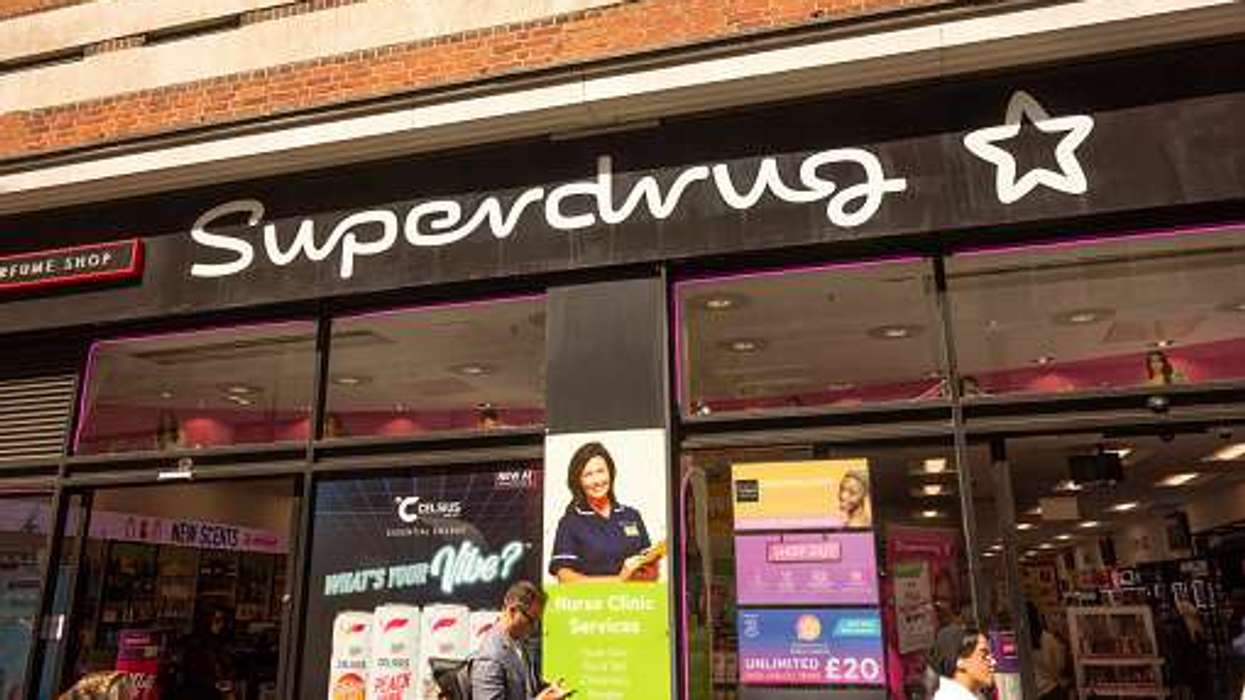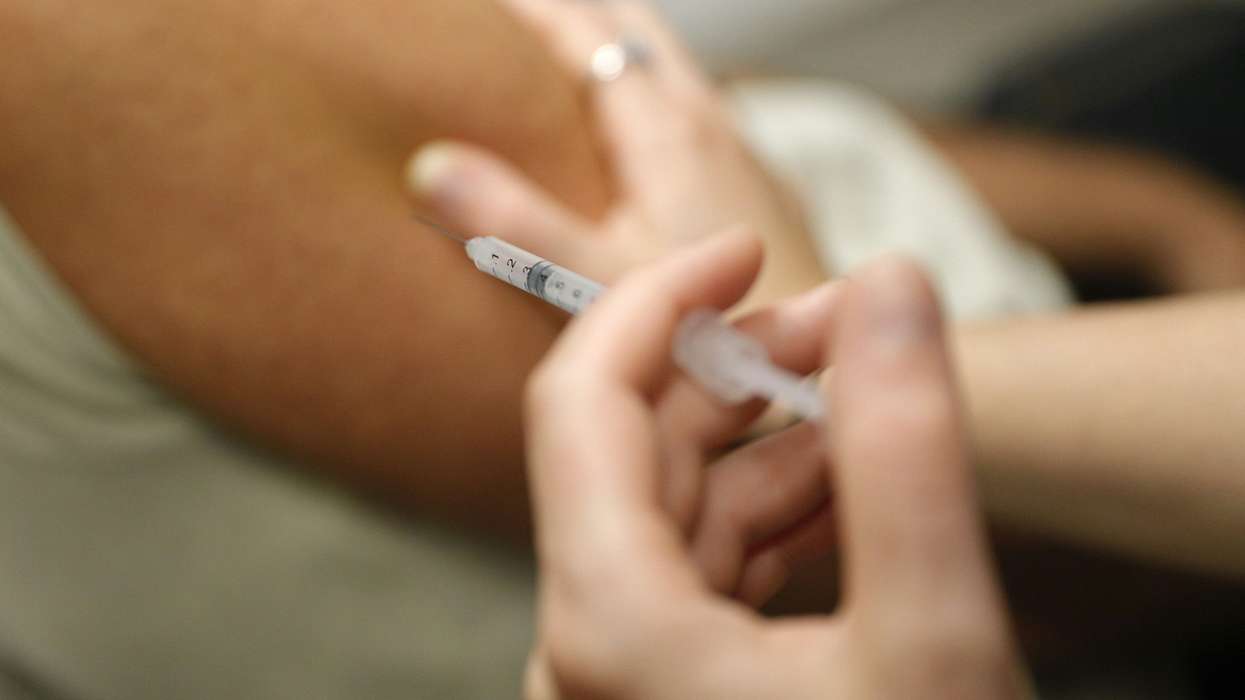The NHS has signed the first-of-its-kind subscription deal for two antimicrobial drugs - cefiderocol and ceftazidime–avibactam, manufactured by Shionogi and Pfizer respectively - that will help around 1700 patients per year with severe bacterial infections.
Under this deal, pharmaceutical firms will receive a fixed yearly fee – capped at a level that represents value to taxpayers – in order to incentivise funding for innovation that can generate a pipeline of new antibiotics for NHS patients.
NHS said the deal will help patients with serious infections that have evolved so much that antibiotics and other current treatments are no longer effective can be given a potentially life-saving alternative. The drugs will provide a lifeline to patients with life-threatening infections like sepsis, hospital or ventilator pneumonia and blood stream infection.
Announcing the deal at NHS ConfedExpo, NHS Chief Executive Amanda Pritchard called the revolutionary subscription deal a game-changer and the latest NHS success in using its commercial power to benefit NHS patients in line with the NHS Long Term Plan.
"Superbug-busting drugs on the NHS will save lives and strike a blow in the global battle against antimicrobial resistance," Pritchard said.
"Until now, innovation in antibiotics has been limited, but this pioneering NHS subscription scheme aims to turn the tide by working with pharmaceutical firms to make sure we have these superbug-battling drugs ready and available to those patients who need them most.
"This world-leading agreement not only provides a template for other countries to follow, incentivising antimicrobial drug innovation globally, as we collectively deal with this threat to modern medicine and public health, but also gives new hope to thousands of patients who previously had no treatment options left."
The deal has been developed as a result of a UK-wide project between NHS England, NICE and DHSC.
Susan Rienow, Managing Director and Country Manager, Pfizer UK said: "We are incredibly proud to be partnering with the NHS, NICE and UK government in piloting this innovative reimbursement model for antimicrobials. This world first initiative is a critical step in tackling one of the biggest threats to global health today and ensuring access and appropriate use of antibiotics for patients in England.
"We look forward to continued partnership on the assessment of the broader value antibiotics bring to people and society and working with our global colleagues to ensure AMR collaboration is a global initiative with local action."
Mark Hill, SVP, Global Head of Market Access, Shionogi, said: "Shionogi supports the UK’s leadership position with the introduction of the world’s first subscription reimbursement model for antimicrobials. It is hoped that this model will encourage investment in this critical area and promote good stewardship to limit the potential development of antimicrobial resistance. We have worked closely with NHSE to agree a deal to begin reimbursement of our antibiotic, as part of this innovative scheme and look forward to partnering with NHS England."











